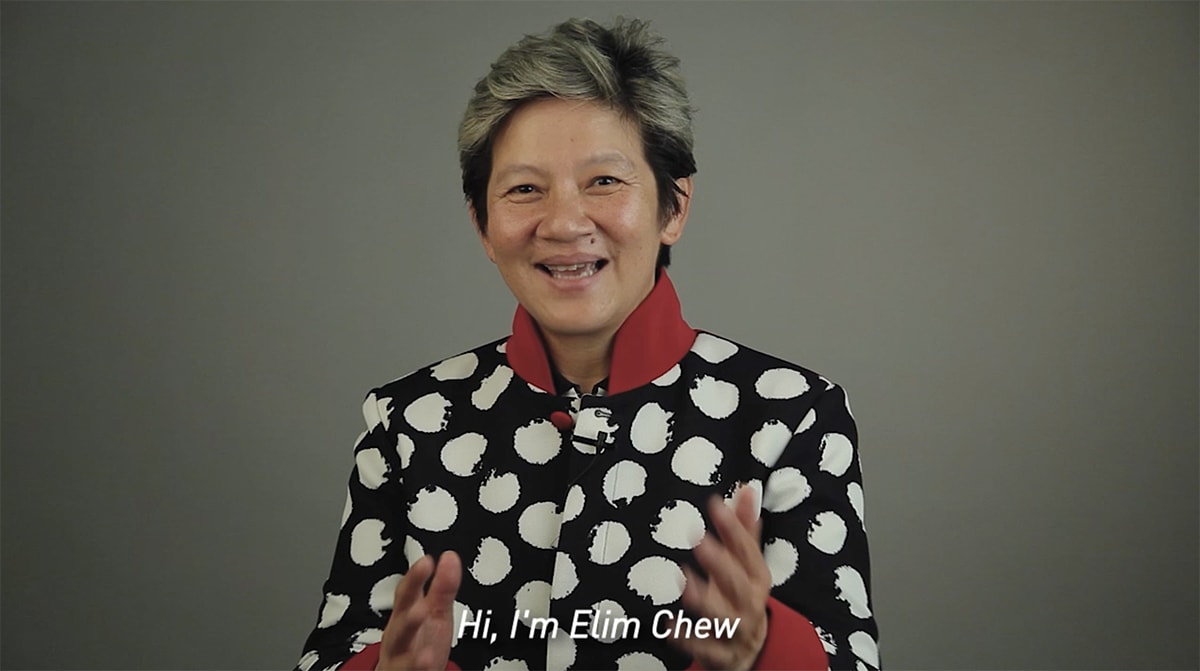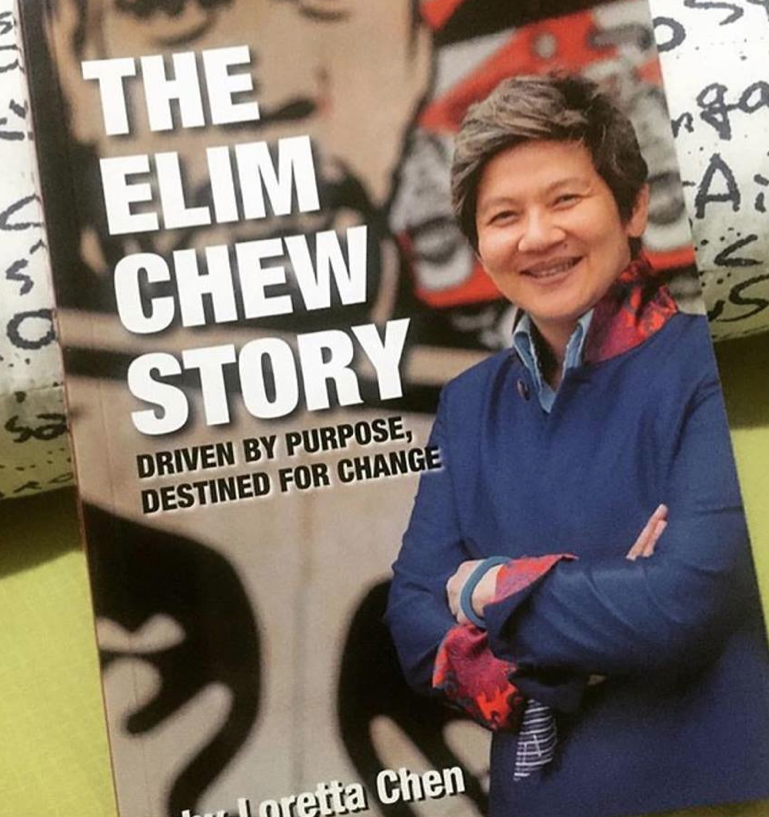Social entrepreneur Elim Chew is in it for the long haul. Although she understands that some people may have pressing needs, she focuses on solutions that address both immediate and long-term necessities. She understands that beyond putting food on the table, gainful employment or a sustainable enterprise restores people’s dignity and self worth.
That is what she brings to a series of social enterprises that she has founded after 28 years of successfully helming 77th Street, the multiple brand store that sold streetwear. “I did not start out to do a social enterprise,” Elim admits. “I founded 77th Street as an enterprise but I was aware of the impact it was making on the lives of young people. Through the brand they were able to realize that an iconic streetwear label they can be proud of can come out of Singapore. Through the brand they were able to express themselves and visualize who they wanted to be.”
It helped that Elim had a finger firmly planted on the pulse of youths. Although 77th Street buyers knew what appealed to brand’s target market, Elim was always on the ground getting to know what made the young people tick. And that was how she became aware of their aspirations and the gap they had to cross to reach them.
In 2001, on the back of 77th Street’s success, the Association of Small and Medium Enterprises named Elim Most Promising Woman Entrepreneur. “Everything changed from that moment,” she recalls, “I began to see clearly the powerful impact of social enterprise on people’s lives. When I started out, I didn’t even know that it was called social enterprise; I just called them business with social impact.”
In 2006, following a trip to Davos for the World Economic Forum, Elim’s mission became even clearer. “At WEF, we discussed social enterprise and its application in real life situations. I understood how it could be a force for positive change in society. When we returned to Singapore, we embarked on social entrepreneurship movement with not-for-profit companies.”
Elim spearheaded the formation of The Young Entrepreneur Mastery, a non-profit academy that provided young entrepreneurs and out-of-school-youths support and guidance in starting small social enterprises. She also co-founded the Singapore Street Festival, which provided the youth with a venue for showcasing talent and self-expression.
In 2016, amidst rising rents, manpower issues, and changing shopping habits, Elim announced the gradual closure of 77th Street. By then, she was already looking into forms of social enterprise and innovation. “I have been approached by people who have been retrenched, raising a family by themselves, or saddled with mounting bills. Some were ex-offenders, while others were single mothers who have time on their hands but without a source of income.”
Elim also observed a number of companies losing their drivers to rigorous streamlining, and a new business idea clicked. “I thought about the growing need for inexpensive and efficient courier service, and the people who can do it part time.
“I went to an app creator and explained what I had in mind; he assured me that a simple platform connecting service providers and those in need of them could be created easily. Thus Fast Fast Delivery was born. We commit to 90-minute delivery of documents and other materials between origin and destination anywhere in Singapore.”
Prospective clients can download the app on their mobiles and computers through which they can send job orders. Meanwhile, motorbike owners can sign up for training and accreditation as part-time messengers. Each job is paid in cash, computed according to distance, at the end of the day. The messenger gets 90 per cent of the amount paid; Fast Fast uses the ten per cent to run the business.
Elim has also created other social innovation platforms, including Elim Chew TV, which broadcasts on YouTube video interviews with renowned ‘change-makers’ and ‘thought leaders’. She is also behind Pitch for Change, a platform that connects people with social innovation ideas and those with resources either to fund or make them happen. “I have seen ideas being pitched behind closed doors so many time; if I can put it on social media, more people can have access to funding and other resources. People can also add value to the ideas that are being pitched.
“I look at young people and I see future change-makers. They will shape the world we live in, and I am dedicated to helping them achieve this through socially meaningful programs,” Elim says. “Social enterprise is a business model applied to solve social issues. What I hope to see someday is all enterprises taking on elements of social enterprise.”
For more inspiring personalities, click here










 Back
Back
